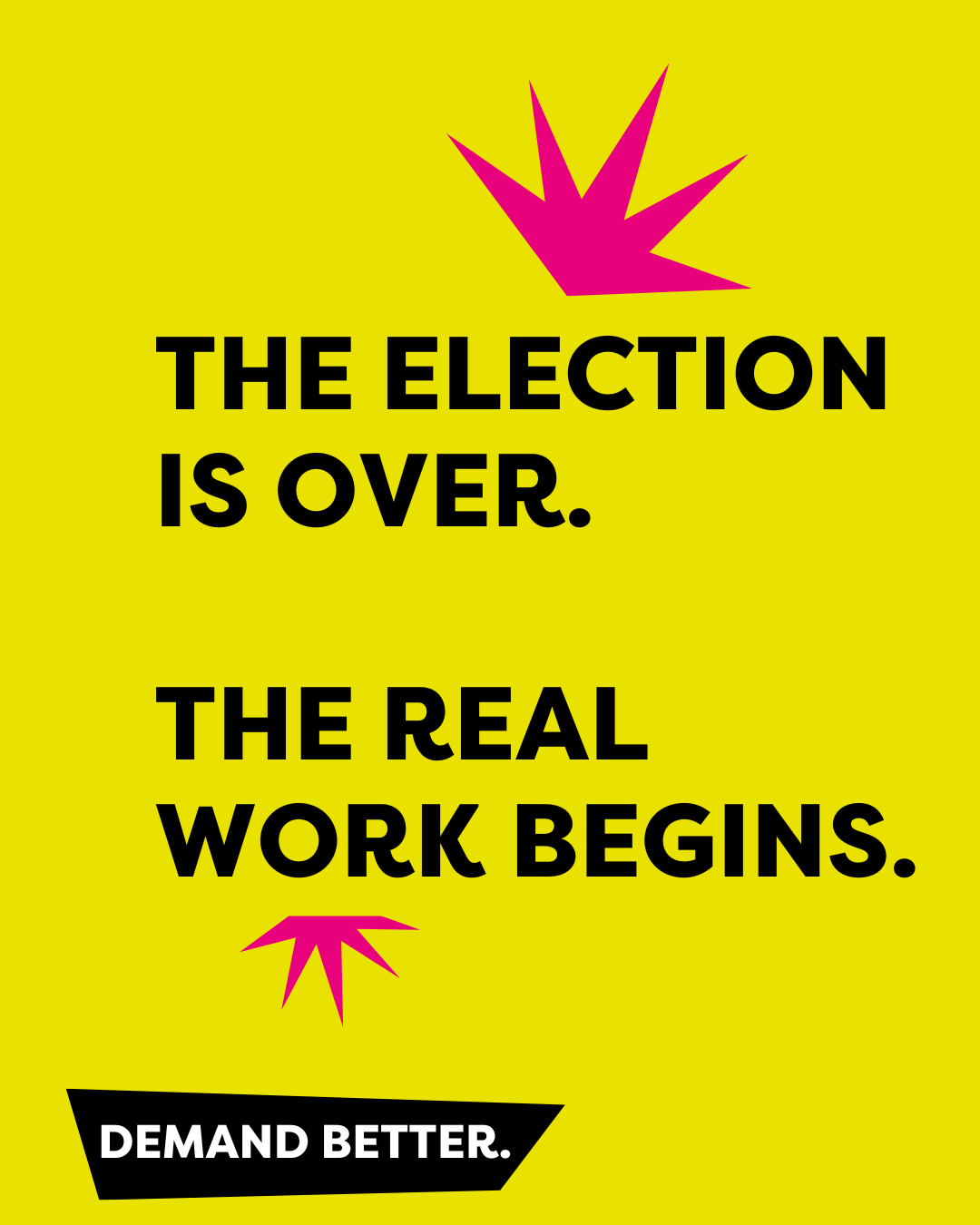 This election was one of the most critical in a generation—a defining moment for the future of democracy, equity, and human rights in Canada. As we move forward, the Women’s National Housing and Homelessness Network (WNHHN) is committed to making sure that gender housing justice is not just part of the national conversation, but a central focus.
This election was one of the most critical in a generation—a defining moment for the future of democracy, equity, and human rights in Canada. As we move forward, the Women’s National Housing and Homelessness Network (WNHHN) is committed to making sure that gender housing justice is not just part of the national conversation, but a central focus.
WNHHN congratulates Prime Minister Mark Carney and the new and incumbent candidates who were voted in to form Canada’s next federal government.
Fear politics and divisive strategies have no place in our government, and last night Canadians voted to maintain democracy and our institutions—but the consensus is evident, no matter who people voted for, change from the status quo was demanded, loud and clear.
This projected minority government must contend with the global rise of fascism, an increasingly aggressive neighbour to the south, and the urgent reality that women, Two-Spirit, trans, and gender-diverse people continue to face rising and disproportionate rates of homelessness, housing insecurity, and poverty across the country.
WNHHN intends to press this new government to deliver on the critical need for change by upholding the right to housing for women, Two-Spirit, trans, and gender-diverse people.
Specifically, WNHHN calls on the new federal government to:
1. Uphold the right to housing for women, Two-Spirit, trans, and gender-diverse people by committing to adopt the future recommendations of the Neha Review Panel, as well as listening to and working with lived experts on developing policies that affect them.
2. Increase annual funding to the Urban, Rural, and Northern Indigenous Housing Strategy. Prioritize housing for Indigenous women, Two-Spirit, and gender-diverse people, with clear indicators to measure impact.
3. Boost gender-focused homelessness program funding, with specific goals, targets, and timelines to eliminate all forms of homelessness. Prioritize initiatives that centre the needs of women, Two-Spirit, trans, and gender-diverse people—and measure outcomes.
4. Raise the Canada Disability Benefit to an amount that lifts people out of poverty with dignity and meets the real costs of living with a disability.
5. Re-establish the federal Women and Gender Equality (WAGE) and Diversity, Inclusion, and Persons with Disabilities cabinets to ensure cross-government accountability and action.
The election may be over, but as advocates and lived experts across the country are saying in concert together: the real work starts now.
Building a truly democratic and inclusive Canada—one that ensures safe, secure homes for generations to come—will require bold, collaborative action rooted in human rights and lived experience.

